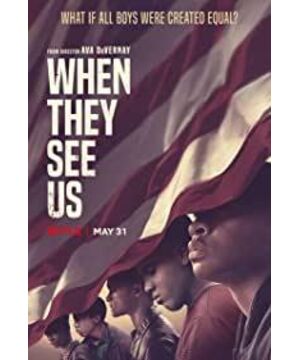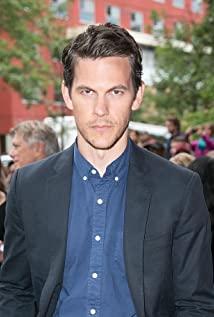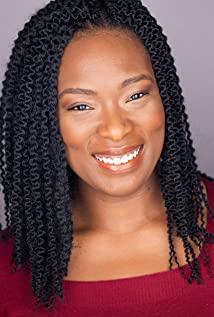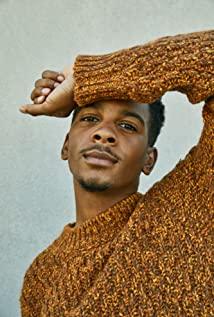I met a Jamaican sister in New York and was studying for a PhD in Spanish at NYU. She can speak Spanish, Portuguese, English, Korean and a little Italian. When I met a policeman on the highway in the United States, I was so scared that I would tremble and dare not pull up my hood. She was yelled "GO HOME" by passers-by while working in South Korea and China, but in these countries where there are no large black populations, discrimination is more personal than systemic.
Netflix's new When They See Us this year presents the Central Park jogger case again in a non-documentary form: five thirteen or fourteen-year-old black teenagers who were playing with friends in Central Park in April 1989 were raped just because of being raped by a friend Of the white female investment bank employees who were in the park at the same time were accused of rape and deliberate murder. And he was sentenced when the speckles left on the victim's socks were completely inconsistent with their DNA. It was not until the real criminals confessed their crimes to the police in 2002 that the five teenagers were released, but half of their lives have been ruined. For the Black Community or the public as a whole, the significance of non-documentary drama series is not to reflect the process of unjust cases more objectively, but to have greater public influence. The District Attorney Elizabeth Leaderer had previously taught at Columbia Law School and finally This year, he resigned due to pressure from public opinion. The film also emphasizes Trump's role in the entire case. In 1989, he spent $85 million on advertising fees to request the "reinstatement" of the five teenagers. To this day, the true murderer appeared and Trump refused. Acknowledging the mistakes of the year, after twenty years, he has become the President of the United States from a real estate developer sitting in Trump Tower.
Why did the prosecutor insist on sending five teenagers to prison even though they were also doubtful about the evidence? Why did the real murderer surrender to the police, and the people who ruined the lives of the five children refused to admit their mistakes? I still remember Elizabeth Lederer’s answer when confronted by the defendant’s defense attorney during the recess in the second episode: Even if the cost was the life of five children, she would continue to accuse her. Because this is not philosophy, but politics.
I studied Ethnic Politics last semester, and realized that regardless of race, ethnicity, ideology, or gender, they are constantly being strengthened as identity signs in political movements. By dividing "us" and "them", political leaders achieve the goal of condensing group power. This division, whether in the movement of minority groups fighting for rights (such as the Black Life Matters movement) or in the movement of privileged groups to consolidate their privileges (such as the White Nationalism movement), injects collective will and spirit into the movement. But in the process of continuously strengthening identity, demarcating boundaries, and setting thresholds, divisions and misunderstandings between groups have also increased. Thinking about the process in which the prosecutor first presupposes the guilt of five teenagers in the Central Park jogging case, and then slowly searches for evidence and uses the advantages of legal rhetoric and court experience to win the case, human beings’ intolerance to outsiders and dissidents is deeply rooted. Yes, the "retrospective defense" of this kind of emotion is just dressed in the cloak of rationality.
View more about When They See Us reviews











